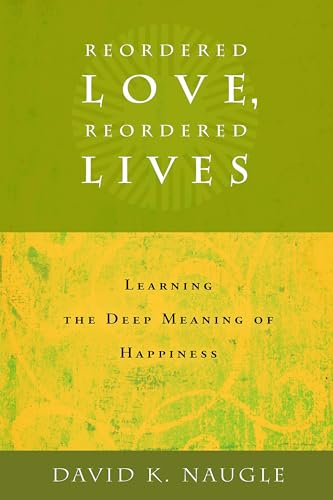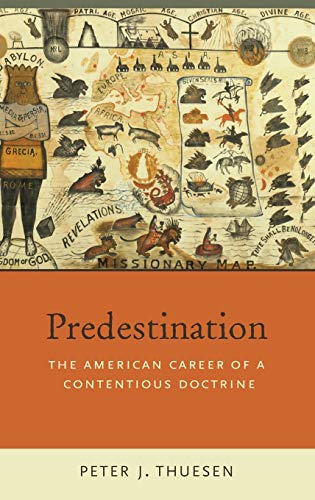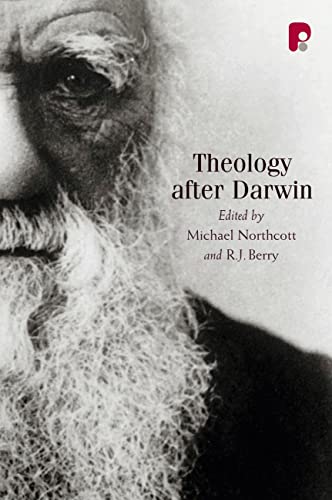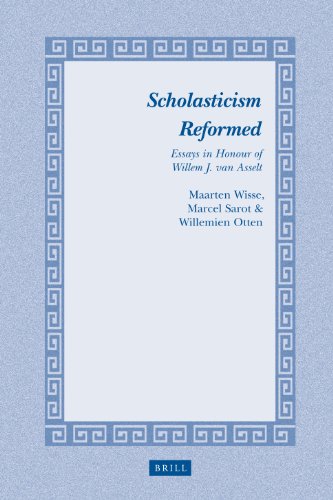Heaven and Earth in the Gospel of Matthew
Written by Jonathan T. Pennington Reviewed By Scott NewmanPastors and scholars may rejoice at Baker’s publication of Heaven and Earth in the Gospel of Matthew, as it makes Jonathan Pennington’s doctoral dissertation (originally published by Brill in 2007) accessible at a price that won’t break one’s bank. In this meticulously researched and carefully argued work, Pennington investigates and overturns the dominant view regarding the phrase “kingdom of heaven” in the Gospel of Matthew demonstrating that the use of the phrase and its corresponding “heaven” and “earth” language is part of a literary/theological paradigm Matthew weaves into his gospel.
Pennington begins his study with a review of the scholarly discussion surrounding Matthew’s use of “kingdom of heaven” rather than “kingdom of God,” which appears in the other two Synoptic Gospels. The current consensus among scholars is that Matthew uses “kingdom of heaven” rather than “kingdom of God” as a kind of reverential circumlocution in order to avoid using the name of God much the same way that a devout Jewish author would write “G-d” in place of “God.” Pennington then traces this view back to the continental scholar Gustaf Dalman in the late nineteenth century. Though Dalman’s view has become the near universal explanation for the “kingdom of heaven” phenomenon in Matthew, there is a small but significant trail of dissenting opinions through the literature. Pennington suspects that Matthew is up to something deeper and more significant than any scholar has yet outlined and promptly sets about demonstrating this through an extensive excursion into the OT and Second Temple Jewish literature.
In this OT and other Jewish literature that stands behind and contemporary to Matthew, Pennington discovers that heaven language plays a significant role, especially in the apocalyptic/prophetic book of Daniel. When Matthew is set against this backdrop, it appears that Matthew emphasizes the theme of heaven because of the sheer number of its occurrences in comparison with the other two Synoptics. Furthermore, Matthew seems to use heaven language in four idiolectic ways compared to the Jewish background literature: (1) a preference for heaven language in plural form, (2) frequent pairing of heaven and earth together, (3) use of the phrases “Father in heaven” and “heavenly Father,” and (4) the phrase “kingdom of heaven.” Moving into the heart of his study, Pennington examines the significance of each of these idiolectic patterns to help discern Matthew’s overall understanding of the kingdom of heaven.
Moving through the OT and Second Temple literature, Pennington sees that each of the four unique ways that Matthew uses heaven language seems intentionally stylized in order to communicate Matthew’s literary and theological intentions. Matthew, he argues, has picked up on the great OT theme of the separation of heaven and earth as a result of the fall and perpetuated in the earthly empires that dot the landscape of OT history. Matthew intentionally patterns his usage of heaven/earth and kingdom of heaven language to demonstrate that Jesus’ announcement of the kingdom announces the eschatological inbreaking of God’s heavenly kingdom. This kingdom, in accordance with OT usage (particularly in the prophet Daniel), stands in radical discontinuity from all earthly kingdoms of the present age and signifies the reunification of heaven and earth, two realms driven apart in the garden as a result of sin.
By the last chapter, many readers will wonder whether Matthew, or Pennington for that matter, has fallen into the trap of Platonic dualism. Foreseeing this objection, Pennington demonstrates just where Matthew’s heaven/earth duality should be located on the scale of dualisms. Here he rightly points out that Matthew’s cosmology escapes the trap of Platonism since he sees that there is no inherent antithesis between heaven and earth in the biblical worldview. These were two realms that were originally one and are beginning to experience the eschatological reunification through the reconciling work of Jesus.
The coming years may show that Pennington has effected a paradigm shift in Matthean scholars’ understanding of the kingdom of heaven and heaven/earth language in the Gospel of Matthew. His work deserves this designation because he has not merely set about to overturn a long held maxim in the study of Matthew and the Synoptic Gospels; he carefully and methodically demonstrates the poverty of the prevailing view. Pennington’s alternative proves compelling because it evidences the careful work in the trenches that scholars operating at his level must exercise while maintaining the kind of wide-angle literary and theological perspective that is necessary to make sense of the Gospels in today’s academic climate.
While it will take a patient and careful reader to plow through Pennington’s massive and wide-ranging study, pastors and church leaders should not make the mistake of thinking that this work is of interest only to NT scholars and biblical theologians. Any effort given to taking in this study will pay dividends that will richly benefit the church. For example, the emphasis on the reunification of heaven and earth will help pastors show people that their hope is in an embodied existence on the reunified heaven and earth in the presence of God rather than a disembodied existence in an ethereal heaven for eternity. Pennington also demonstrates how his thesis leads to a higher Christology as Jesus is the one who, in his own flesh on the cross, has begun the great reunification of heaven and earth and will return one day to complete it. For Christians living under various kinds of social oppression, this thesis is good news that the powers that currently dominate them will be done away with and replaced with God’s good and gracious rule through Jesus Christ.
Scott Newman
Soma Communities
Tacoma, Washington, USA
Other Articles in this Issue
Most of us, I suspect, develop fairly standard ways, one might even say repetitive ways, to appeal to the motivations of our hearers when we preach the gospel...
How to Write—and How Not to Write—A Review: An Appreciative Response to Reviews of Ancient Near Eastern Themes in Biblical Theology by Dempster and Edgar
by Jeffrey J. NiehausI want to thank Themelios for the unusual opportunity to interact with two reviewers of my book Ancient Near Eastern Themes in Biblical Theology...
Parallels, Real or Imagined? A Review Article of Jeffrey J. Niehaus, Ancient Near Eastern Themes in Biblical Theology
by William EdgarWhen I came to Westminster Theological Seminary in Philadelphia as a young student in the 1960s, two things struck me...
Why Evangelicals Should Ignore Brian McLaren: How the New Testament Requires Evangelicals to Render a Judgment on the Moral Status of Homosexuality
by Denny BurkIn 2006 on Christianity Today’s leadership blog, Pastor Brian McLaren urged evangelical leaders to find a “Pastoral Response” to their parishioners on the issue of homosexuality...
A Member of the Family or a Stranger? A Review Article of Jeffrey J. Niehaus, Ancient Near Eastern
by Stephen DempsterWe cannot overstate how important knowing the context is for understanding the significance of any communication, whether that is a simple word, sentence, paragraph, larger text, sign, photograph, or cultural cue...







